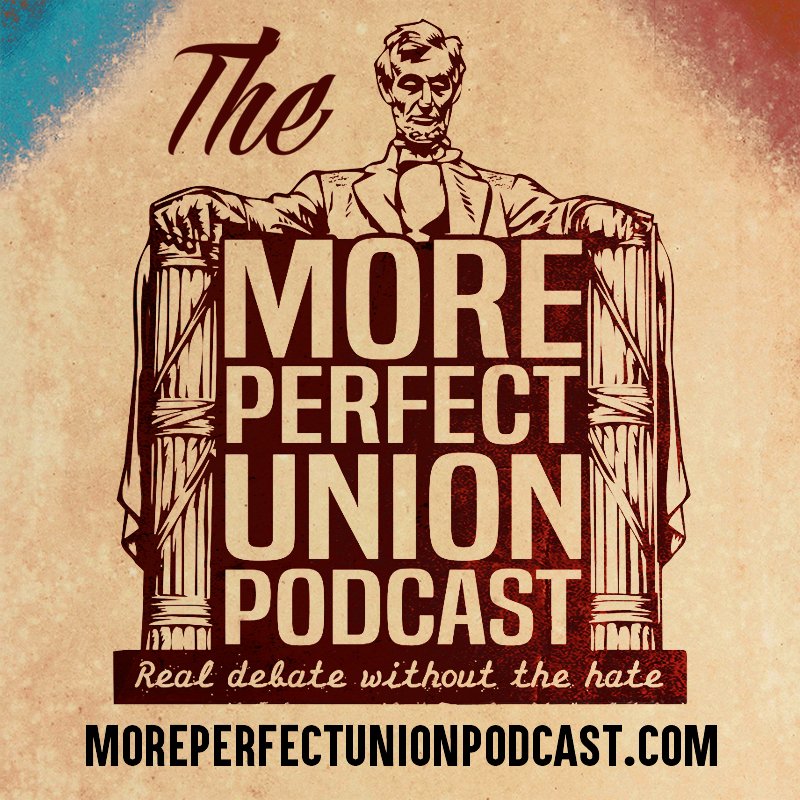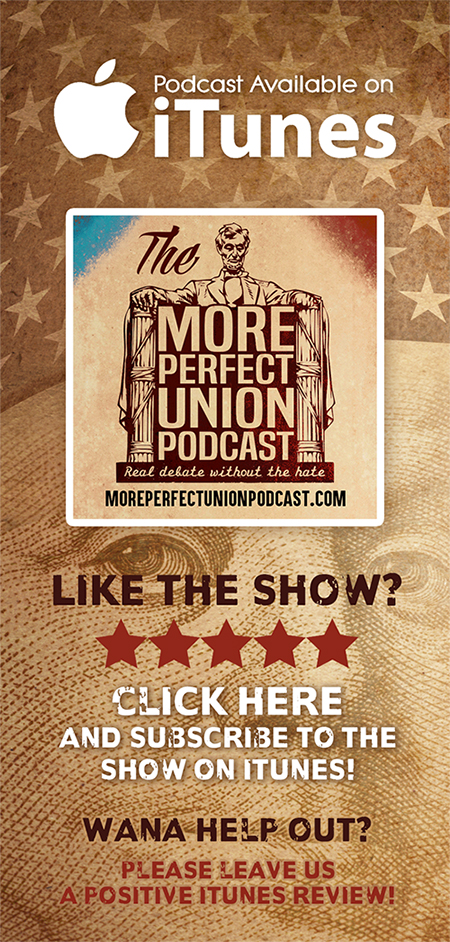Supreme Court Bans Union Fees on Non-Members (Except Where It Doesn’t)
by D.J. McGuire
The more one reads primary source material, the less trustworthy one becomes of media – any media.
Today’s example came in Janus v AFSCME – the Supreme Court cases regarding mandated union fees paid by non-union members in government workplaces in over 20 states (including Illinois, whose disgruntled public servant was Mark Janus). As the media reported it, public sectors unions are now barred from charging any non-union members for services rendered. As the labor movement itself reported it, the Court turned off a revenue stream that will make organized labor itself unsustainable. As the right celebrated it, the Court turned off a revenue stream, thus making organized labor a more muted voice in the political realm.
I’ve had discussions with fellow MPU-er Kevin Kelton on how unions can recoup costs from non-union members they represent, so this decision intrigued me as an economist. Moreover, I’ve seen journalists foul up the actual story more than enough times to decided it was best to peruse the decision myself. What I found was eye-opening (all cited quotations below come from the link above).
First thing to remember: the decision applies to public sector unions only. Private sector unions were not directly involved in the suit. Secondly, the particular fee in question is “an ‘agency fee,’ which amounts to a percentage of the union dues.” Moreover, Illinois law…
…does not specify in detail which expenditures are chargeable and which are not. The IPLRA provides that an agency fee may compensate a union for the costs incurred in “the collective bargaining process, contract administration[,] and pursuing matters affecting wages, hours[,] and conditions of employment.”
In other words, there is no real rhyme or reason to the fee amount set. Mr. Janus, thinking the fee arbitrary and an effective compulsion of his financial support for the union, sued to have it dropped. The majority of the Court agreed.
From there, media and pundits go off the rails in a rather ironic fashion -namely, by standing still. Upon seeing that the percentage fee was banned, everyone now assumes that all fees for non-members were banned. That concerned me, because union services provided to non-members at a mandated price of zero runs afoul of my visceral disgust for price controls of any kind. So I read further into the decision to see if the Court majority addressed the issue – known as the “free-rider” problem, which is not the term I would have used, but…
The court began in the legal realm, flatly noting that “As we have noted, ‘free-rider arguments . . . are generally insufficient to overcome First Amendment objections.’ Knox 567 U. S., at 311.” Then they get into the economic landscape, and here’s where it gets interesting.
First, with collective bargaining power and duties, the Court notes that numerous benefits come with the designation as the sole negotiating entity. Moreover, discussion on cost of expanding that responsibility to include non-members was…lacking.
It is noteworthy that neither respondents nor any of the 39 amicus briefs supporting them—nor the dissent—has explained why the duty of fair representation causes public-sector unions to incur significantly greater expenses than they would otherwise bear in negotiating collective-bargaining agreements.
That’s either a terrible omission by all listed, or an admission that collective bargaining is a fixed cost that isn’t dependent upon the number of workers – member and non-member – being represented. That said, collective bargaining isn’t all a union does for its members – or non-members. The Court majority had something to say about that, too (emphasis added).
In any event, whatever unwanted burden is imposed by the representation of nonmembers in disciplinary matter scan be eliminated “through means significantly less restrictive of associational freedoms’ than the imposition of agency fees.” Harris, 573 U. S., at ___ (slip op., at 30)(internal quotation marks omitted). Individual nonmembers could be required to pay for that service or could be denied union representation altogether.
That led to a footnote with an example (emphasis added).
There is precedent for such arrangements. Some States have lawsproviding that, if an employee with a religious objection to paying an agency fee “requests the [union] to use the grievance procedure or arbitration procedure on the employee’s behalf, the [union] is authorized to charge the employee for the reasonable cost of using such procedure.” E.g., Cal. Govt. Code Ann. §3546.3 (West 2010); cf. Ill.Comp. Stat., ch. 5, §315/6(g) (2016). This more tailored alternative, if applied to other objectors, would prevent free ridership while imposing a lesser burden on First Amendment rights.
In other words, the Court ruled the public sector unions cannot charge an undefined fee, but can charge a defined fee for services rendered – except for collective bargaining, where the services to nonmembers appear to be at no cost.
Thus the decision is far narrower than many believe. It never touched private sector unions, and contrary to what you may hear or read, it does not completely eliminate public sector unions’ ability to recoup costs.
D.J. McGuire – a self-described “progressive conservative” – has been part of the More Perfect Union Podcast since 2015.






